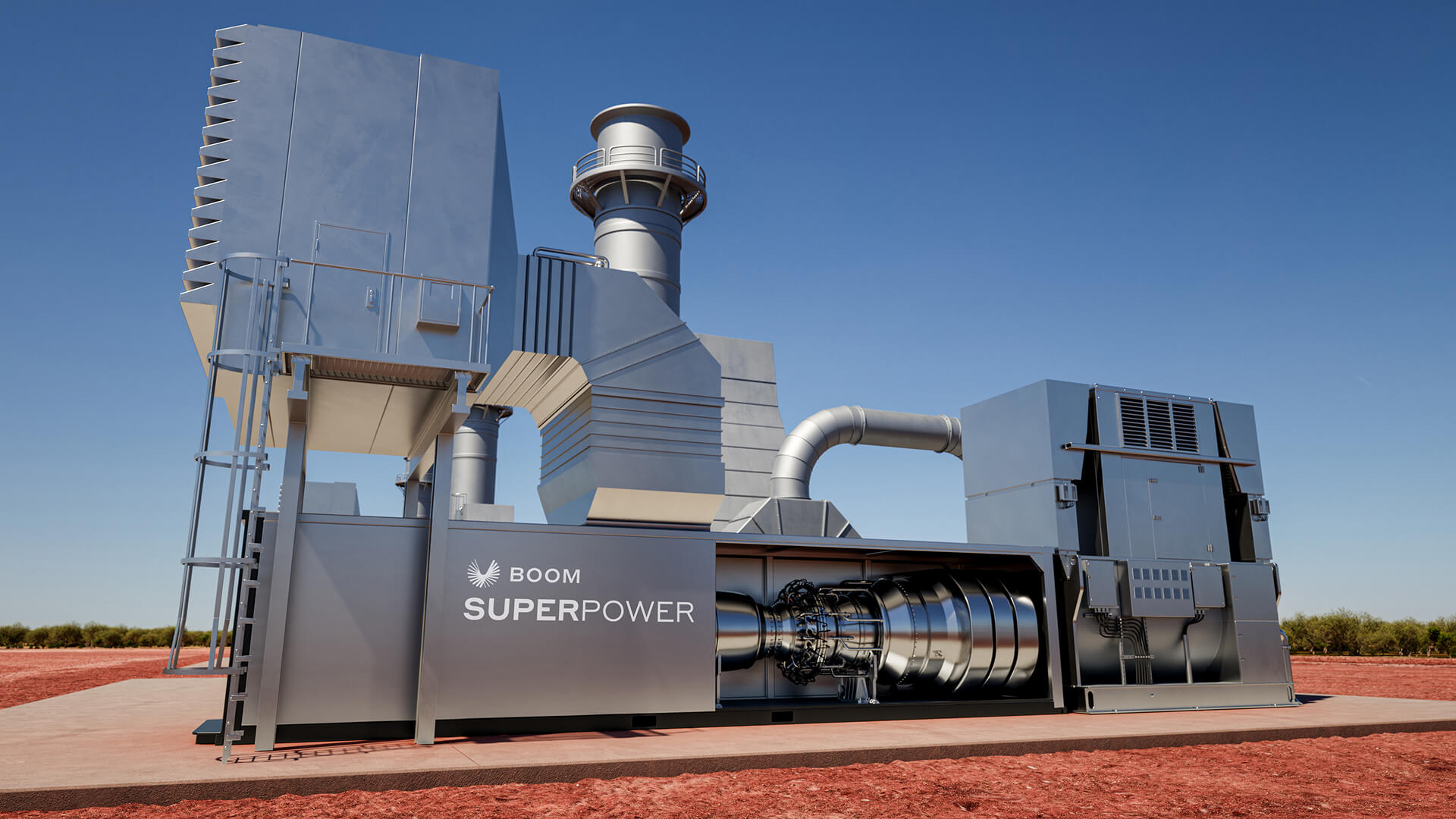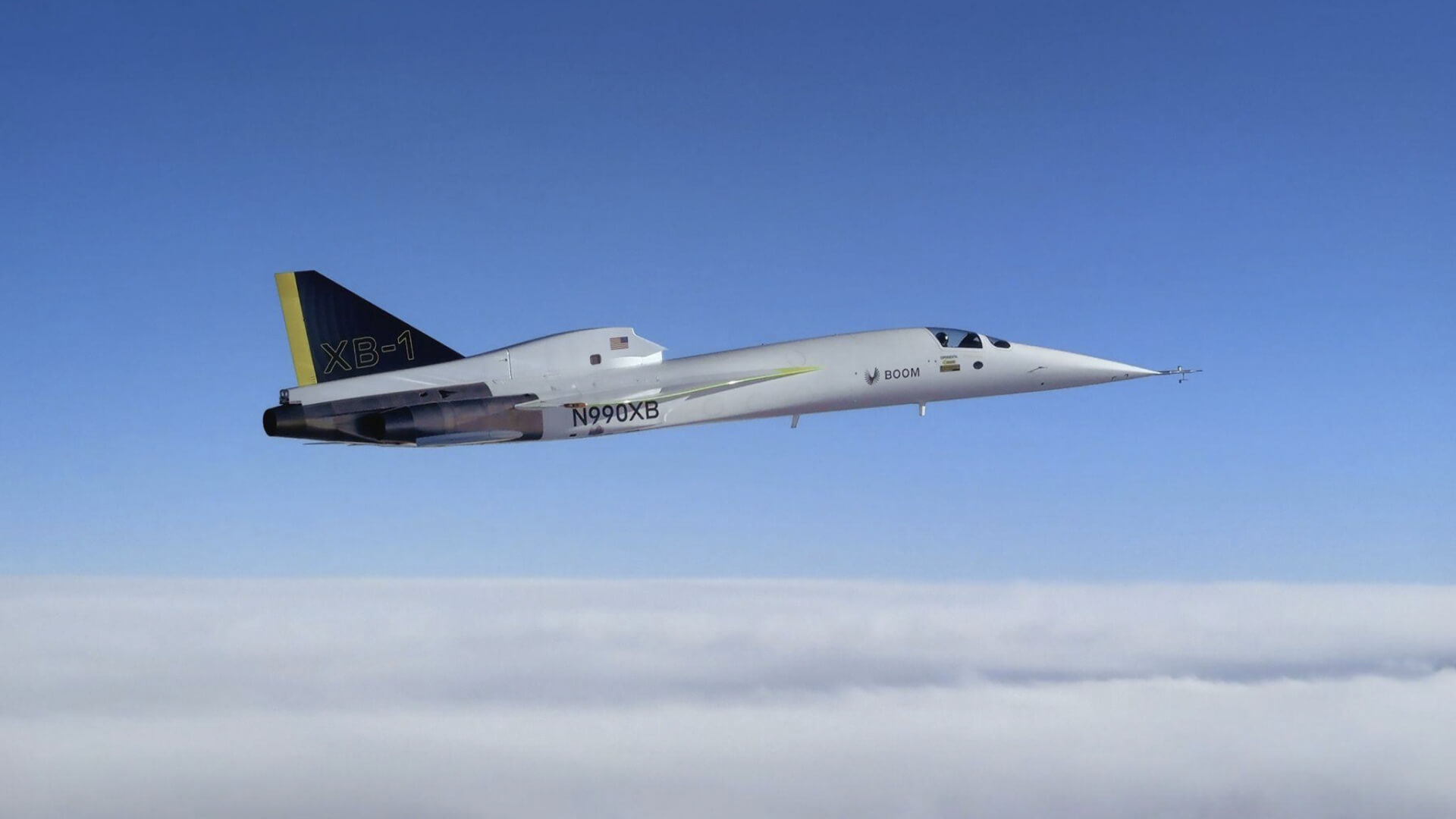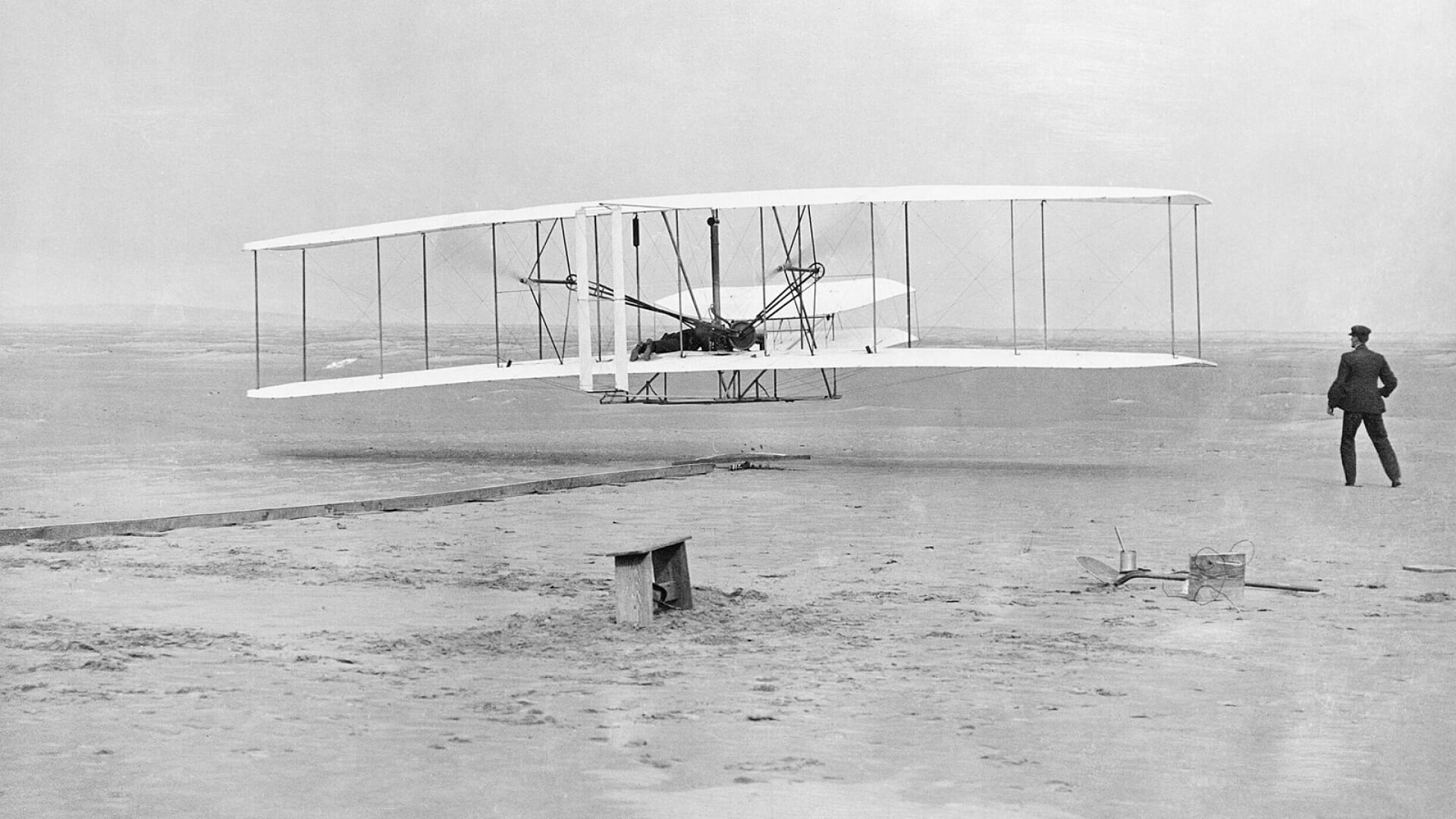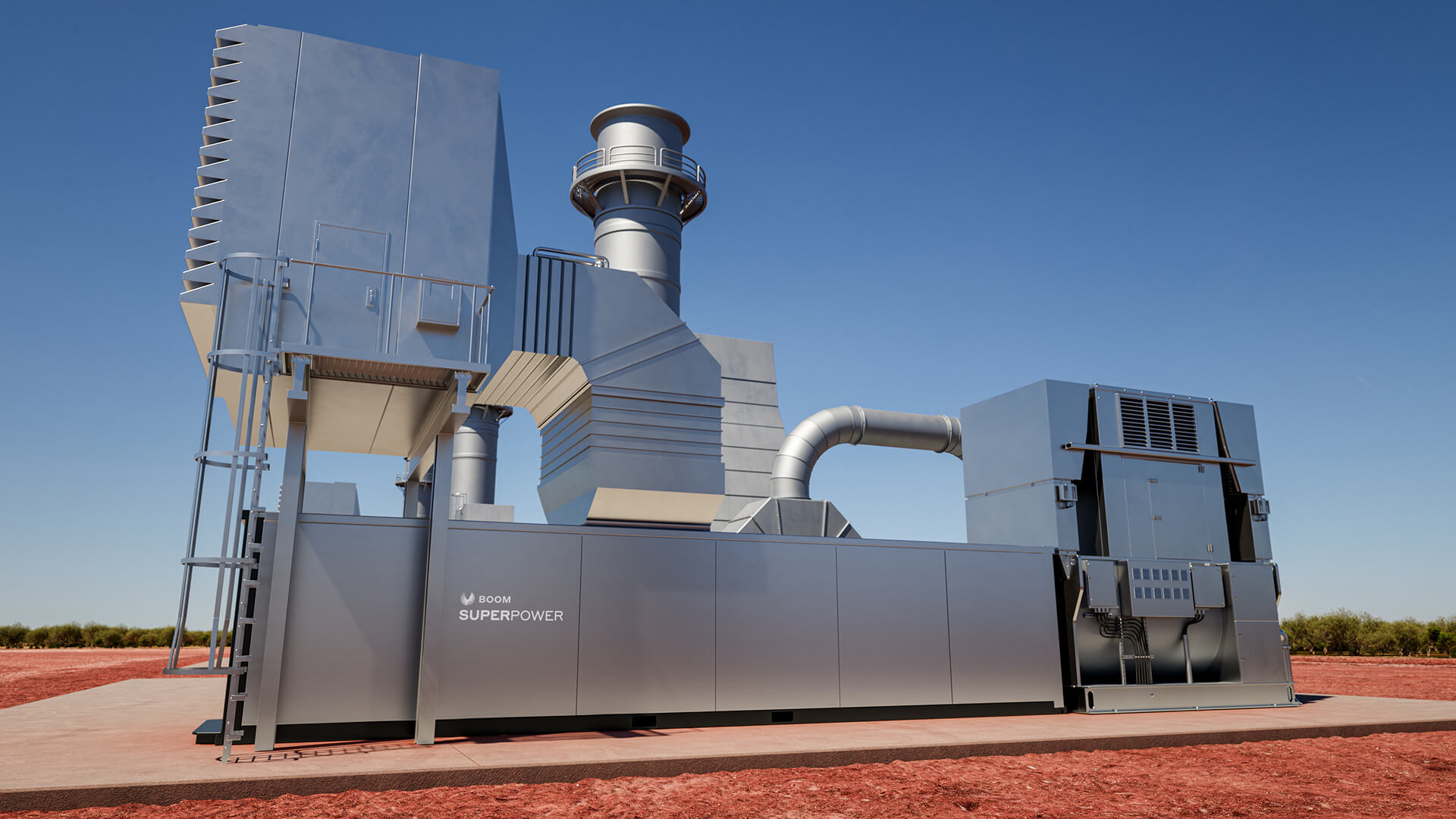Kevin Baker wakes up every morning trying to figure out how to bring innovative companies to Piedmont Triad International Airport in Greensboro, North Carolina.
Baker became the Executive Director of PTI in 2010 after 20 years in the airport consultant world.
“I took the role because of the bright future that the airport clearly had,” Baker said. “The airport occupies an aviation niche as a place that is focused not only on transportation, but on employment in the aerospace industry. It has a set of unique assets that are found in very few places worldwide.”
Prior to Baker’s start as Executive Director, there were already happenings at PTI: FedEx selected it for its Mid-Atlantic hub and Honda Aircraft Company announced it would be its global headquarters. HAECO also calls PTI home to its North American Headquarters, and Cessna has operated one of its busiest service centers there since the early 1990s.
Then, in January 2022, Boom Supersonic announced that PTI would be home to its Overture Superfactory — and a year later in January 2023 construction began on the site, an important milestone ahead of launching Overture production in 2024.
The construction kick off event took place at PTI and included Baker, North Carolina Governor Roy Cooper, Senate Leader Phil Berger, and several other elected officials and community leaders instrumental to Boom’s decision to choose North Carolina.

At this state-of-the-art Overture Superfactory, Boom will produce and assemble Overture, its supersonic commercial airliner. Overture will carry 65-80 passengers and is capable of flying on 100% sustainable aviation fuel (SAF) at twice the speed of today’s fastest passenger jets. The 62-acre site will also be home to a test facility, and customer delivery center for Overture.
We sat down with Baker to learn more about what we can expect from PTI in the years to come—and what makes North Carolina the right place for an aerospace company to call home.
What’s your vision for PTI? What will things look like in 2030?
Baker: It will be BOOMing. Our vision is to be the aerospace center of the future. Aviation started in this state 120 years ago when the Wright Brothers took their first flight in Kitty Hawk. A hundred years from now we want people to look back at how important this state and this airport have been during aviation’s second century.
There are over 8,600 people working on this airport right now, 90% of which are in aircraft design, manufacturing, maintenance and logistics. That’s up from 4,500 In 2013. In 2030 we hope It’s 20,000 or more.
Why was bringing Boom to PTI integral to this vision?
Baker: The first and obvious response to this question is the fact that Boom will bring more than 2,400 highly skilled, high paying jobs to the area. But beyond that, a return to supersonic travel is long overdue. Blake Scholl is quoted as saying, “…we stopped making progress on the speed of travel”. What a great point, but a point that also begs the question, why?
Boom is on the leading edge of returning supersonic commercial passenger service, and such innovative, imaginative aerospace companies will define that next century of aviation and are precisely the type of partner we want on the airport.
North Carolina has a rich aviation history, where can Boom fit into that?
Baker: Boom is an innovator just like the Wright brothers were long ago. Boom will draw the best and brightest minds in the aerospace industry to this state and this community and help to accelerate this growing center of aerospace excellence. This will be part of the history that has yet to be written.
What has been notable about the partnership between Boom and PTI to date?
Baker: There are so many positive examples about the Boom-Piedmont Triad Airport Authority team that it is impossible to mention all of them, but the spirit of mutual support and the spirit of being on that “leading edge” may be the overarching characteristics. Each of the partners is genuinely interested in the other’s success, and each has bold, and unconventional plans for the future. It’s a great team.

Why was the Triad the right place for an aerospace company?
Baker: This region and this airport in particular have a set of assets that are unique with respect to the aerospace industry—large amounts of land that are ready to go; long runways; strong connectivity with commercial service, but no hubbing airline that would cause congestion and impact test flying; central east coast location; a new, modern interstate system that is in my view the best in the country; adjacent rail service; and proximity to 5 ports, all in a state that has clearly shown itself to be ready to support new industry.
Add to all of that a great quality of life, with low cost of doing business and low cost of living, in a great climate with beaches and mountains both nearby, high quality primary and secondary education, and a bench strength of trained, skilled aerospace talent that is growing every day.
Other areas may share some of these qualities, but few have them all, like PTI.
Your vision for PTI should attract great talent. How do you ensure that the talent pipeline is scalable and enduring?
Baker: Workforce development is probably the biggest focus of the region. While there is a substantial workforce locally in the industry, a continuous supply of new talent is necessary to handle normal attrition, and especially growth. Training for aviation and aerospace careers is robust in the region, and state and local officials are continuing to invest in the future, including a new aviation training facility for the Guilford Technical Community College (GTCC), which trains more than half of all aviation students in this state.
How are you approaching sustainability—both at PTI and across new potential partners?
Baker: The airport has been at the forefront of sustainability, including solar panels that were installed on the building during its construction all the way back in 1982. The airport was early to implement recycling programs, to re-lamp terminal lighting with LED fixtures, strategically dim lighting when not needed in the middle of the night, and more. Now, the Authority is planning a replacement of the 40 year-old concourses that will consider all of the latest technology and greatly improve the energy efficiency of the airport.
What are you most excited for going forward (Superfactory or other)?
Baker: Seeing the first Overture take off!
What can we expect in the coming months with Overture Superfactory?
Baker: Steel coming out of the ground, roadways being built, continued earthwork, and other construction activity.
Has aviation always been a passion of yours?
Baker: Yes! My brother, who was a big influence on my life, was a career Air Force pilot until he retired as a “full bird” Colonel to become a COO. The early introduction to aircraft was inevitable. I can remember when I was five, we were visiting one of my sisters in the Washington, DC area. It just happened that my brother had reason to be at Andrews AFB one day while we were there. We were able to meet him there and I got to sit in the cockpit of his F-4 and remember vividly his departure, with the plane climbing steeply and with afterburners. It was very cool.
What excites you most about supersonic travel?
Baker: The fact that the airplanes that will provide that supersonic travel will be made here in the Triad!
What is something most folks wouldn’t know about Kevin Baker?
Baker: I became an uncle before age 2. I am the youngest of six kids, and when I was born, the other five ranged from age 11 to 21! My brother was flying F-4’s in Vietnam when I was a toddler.
What’s your favorite airplane food?
Baker: Biscoff Cookies!
Learn more about the Overture Superfactory and why Boom chose North Carolina here.







